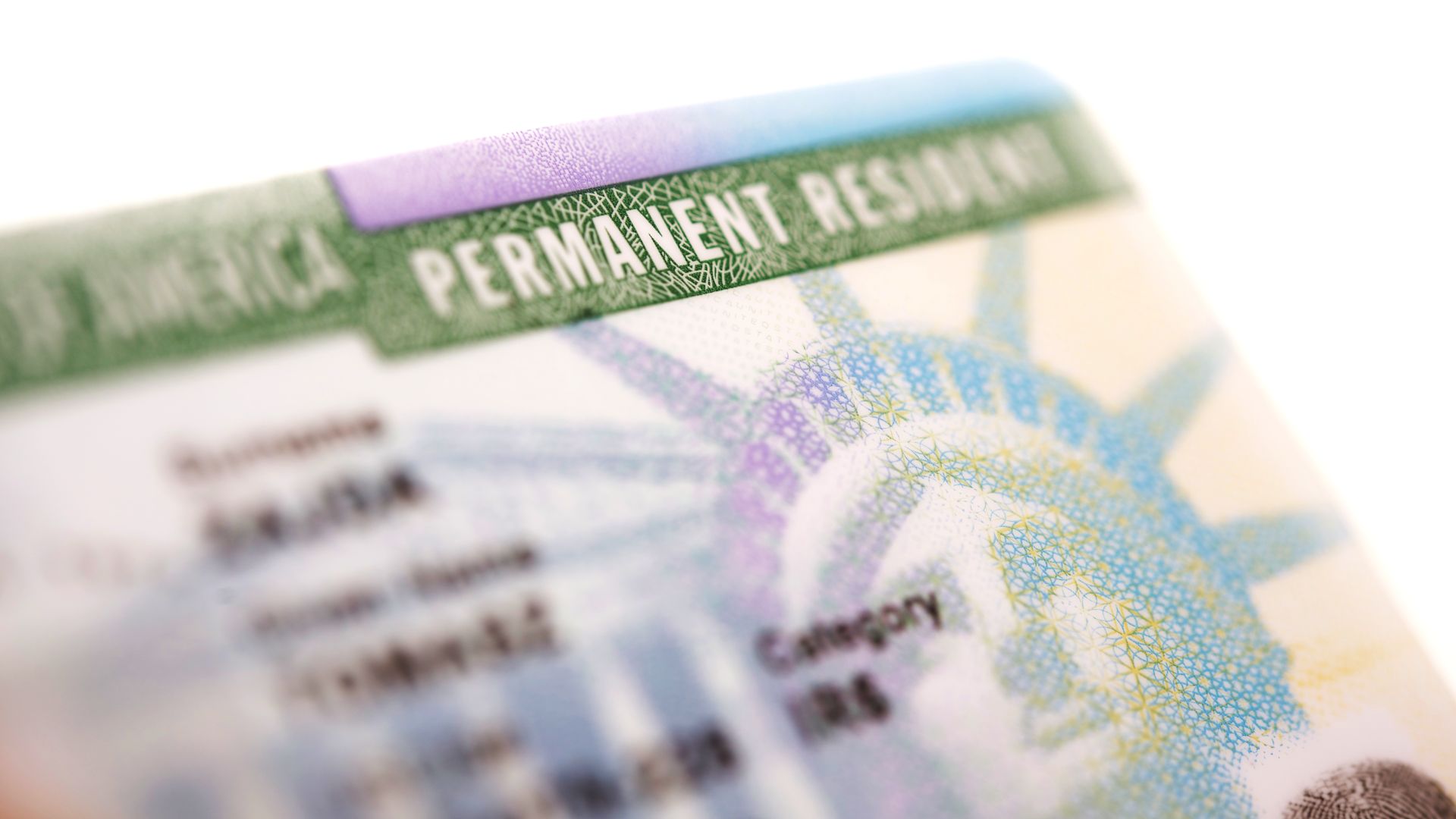Obtaining a green card is an exciting milestone in the life of an immigrant living in the United States. For those who have gone through the Employment-Based (EB) Green Card process, questions often arise about the expected length of time to remain with the sponsoring employer after receiving permanent residency. This guide will address this query in depth, examining the legal, ethical, and professional considerations.
Understanding the Green Card Process
The employment-based green card process typically involves three main steps:
- PERM Labor Certification – The employer demonstrates to the U.S. Department of Labor (DOL) that there are no qualified U.S. workers available for the position.
- I-140 Immigrant Petition – This petition is filed with the U.S. Citizenship and Immigration Services (USCIS) to show the employer’s intent to hire and sponsor the worker.
- I-485 Adjustment of Status – The final step where the applicant applies for lawful permanent residence.
Upon approval of the I-485 petition, the individual officially receives their green card, allowing them permanent residency and the freedom to work and live in the United States.
The Legal Framework: No Binding Requirement
From a strictly legal standpoint, there is no clear statute or regulation that dictates how long an individual must remain with their employer after green card approval. However, there are important caveats and interpretations to consider:
1. Good Faith Employment Intent
U.S. immigration law requires that the employment relationship is based on “good faith.” This means both the employer and the employee must have intended, at the time of filing, for the employment to be permanent. The U.S. government could potentially view a very short tenure post-approval as a sign that the employment offer was not legitimate, which could lead to questions or, in extreme cases, green card revocation.
2. The “Reasonable Period” Interpretation
Though no specific duration is stipulated, immigration experts and attorneys often recommend staying for a “reasonable period” post-approval. This period is generally perceived to be at least six months to a year, allowing the employee to demonstrate that both parties intended a legitimate, ongoing employment relationship. This time frame helps protect against any assumptions of fraudulent intent.
Ethical and Professional Considerations
Even if there is no legal mandate for how long you must remain with your employer, it’s essential to think about the ethical and professional implications:
1. Employer’s Investment
Employers often invest significant time and financial resources in sponsoring an employee’s green card process, which includes legal fees, administrative costs, and potential training. Departing too soon after approval may damage professional relationships and could hinder your reputation in your field or industry.
2. Career Advancement
While an immediate move to another job might be tempting, staying for at least a few months demonstrates professional courtesy and provides continuity for projects and teams you may be leading or contributing to.
3. Networking and References
Maintaining a positive relationship with your current employer can be crucial for future job searches. Leaving too early may strain that relationship, making it difficult to secure references or recommendations.
Real-World Experiences
Case Study: Short Tenure after Green Card Approval
Consider the case of an IT professional who switched jobs three months after receiving their green card. The individual was later called in for a routine green card renewal and questioned about the brief tenure at their sponsoring company. Although the green card was not revoked, the process was stressful, and they had to demonstrate that there was legitimate intent on both sides at the time of application.
Legal Precedent
While there have been few publicized cases regarding job tenure post-green card approval, USCIS may review cases if there appears to be a pattern of green card applicants leaving immediately after approval. However, no formal rulings enforce a strict duration requirement.
Recommendations for Green Card Holders
1. Consult with an Immigration Attorney
If you are considering leaving your sponsoring employer shortly after receiving your green card, consult with an experienced immigration attorney. They can assess your specific situation and help you make an informed decision.
2. Plan Your Career Transition Thoughtfully
Ensure that your departure aligns with professional norms and expectations. Communicate your plans with your employer respectfully to maintain positive relationships and avoid burning bridges.
3. Document Your Intent
Maintain records that demonstrate your intent to stay with your employer, such as employment agreements or communications. This can be useful if your green card status is ever questioned in the future.
Common Questions
How Long is a “Reasonable Period”?
Most experts agree that six months to one year is a reasonable timeframe. This is based on anecdotal guidance from immigration attorneys and aligns with the standard duration for new hires to establish their position within a company.
What Happens if You Leave Earlier?
Leaving within the first few months after green card approval could lead to suspicion regarding the intent of the employment relationship. While immediate departure is not illegal, it may result in increased scrutiny during green card renewals or the naturalization process.
Will This Affect Naturalization?
If your job change raises red flags with USCIS, it could come up during the naturalization interview, where an officer reviews your immigration history. If questioned, you would need to prove that the employment relationship was initially intended to be permanent.
Final Thoughts
The length of time you should stay with an employer after green card approval is not rigidly defined by law. However, the intent of a bona fide employment relationship is crucial. A good rule of thumb is to remain with your employer for at least six months post-approval to avoid any appearance of misuse of the green card process.
Staying longer can also be beneficial for your career and professional reputation, allowing you to maintain strong industry relationships and demonstrate gratitude for your employer’s investment in your future. Always prioritize transparent communication and professional courtesy when making your decision.








